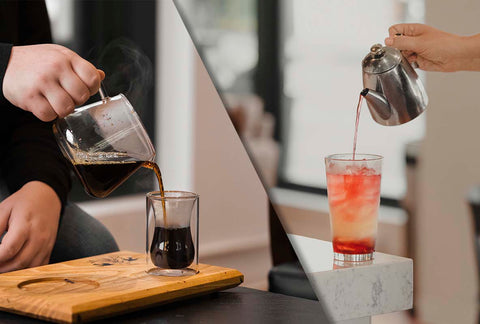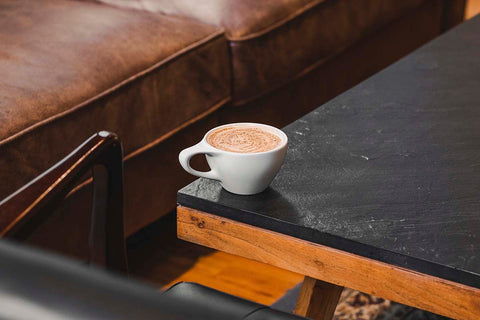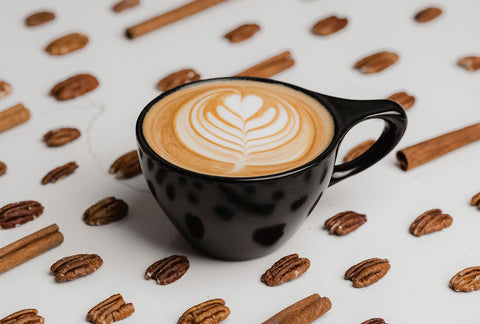
Caffeine has been part of our history for centuries. Since it’s a natural stimulant, millions of people turn to it for their morning boost or their afternoon pick-me-up. That being said, although some people can handle a large amount of caffeine every day, others are more sensitive to it. In excess, caffeine can cause feelings of anxiety or even affect quality of sleep.
What a lot of people don’t realize is that coffee is not the only product that has caffeine. Although tea is considered the more relaxing alternative, it also contains caffeine. If you’re trying to lower your caffeine intake (or find out which drink can offer you the most caffeine on a sleepy day), then you should know how coffee and tea compare in terms of caffeine.
Caffeine in Tea vs. Coffee
The amount of caffeine in tea and coffee depends on the origin, type, and preparation of the drink. Although tea leaves generally contain more caffeine than coffee beans, the coffee brewing process uses hotter water; this helps extract more caffeine from the beans. In addition, more coffee beans are used than tea leaves to prepare a beverage. As a result, coffee usually has more caffeine than tea, but let’s take a closer look at how it compares.
Caffeine in Tea
As mentioned, the amount of caffeine that tea contains varies a lot depending on what type of tea it is, processing techniques, and how it’s prepared. We should also note that caffeine in tea reacts differently with the body than caffeine from coffee. Why? Because tea contains L-theanine, which is an amino acid that is known to reduce stress and promote relaxation. As a result of the high levels of antioxidants, the effects of the caffeine gradually wears off, rather than all at once.
Now that we understand a little more about how tea reacts with the body, let's identify the caffeine content in different types of tea.

Caffeine in Coffee
If you’re like us, you can’t imagine giving up your daily cup (or cups) of coffee. Aside from being delicious, coffee has many benefits connected to it, such as increased energy levels, improved focus, and more. One of the advantages that coffee has is that the body reacts to it very quickly. More specifically, it is usually felt around 30 minutes after consumption and stays in your system for more than 4 hours.
In order to compare how the caffeine content in coffee compares to tea, let’s take a look at how much caffeine is in your favorite coffee beverage.

Which One Should You Drink?
As mentioned, caffeine affects everyone differently. Although one person may be able to drink 5 espressos in one day, the next may start to feel anxious after their second matcha latte. What this means is that there’s no right or wrong answer - what’s important is that you feel comfortable with the amount of caffeine that you’re consuming. At our Pax & Beneficia locations, we have a wide range of both tea and coffee beverages. This means that you can try different varieties in order to understand which ones your body reacts to the best. If you'd rather try our coffee at home, check out our signature roasted coffees.




